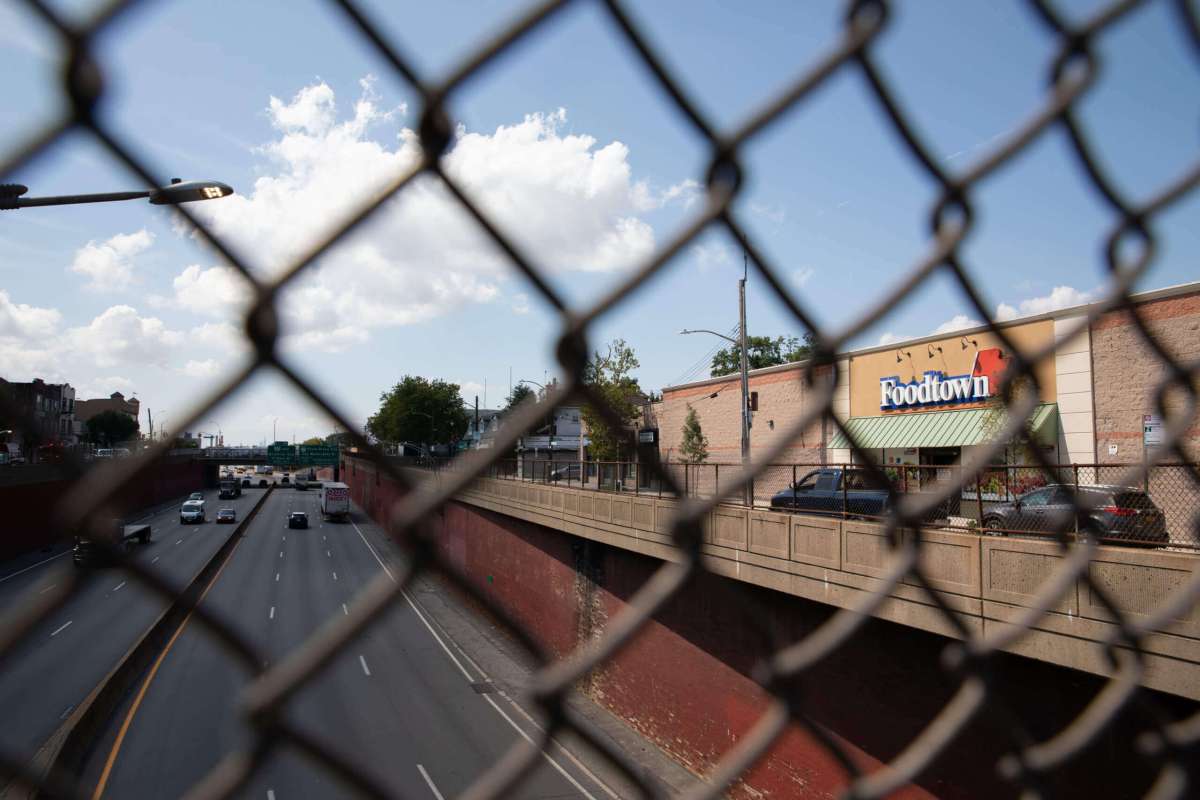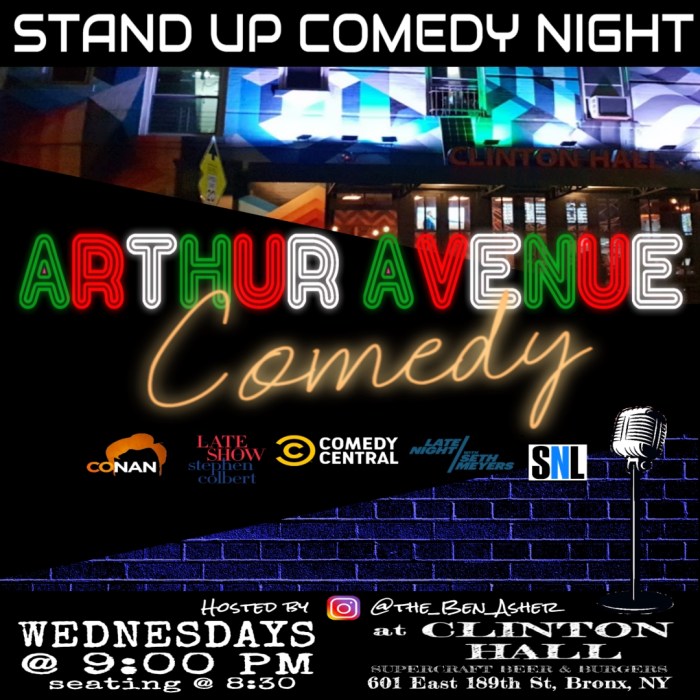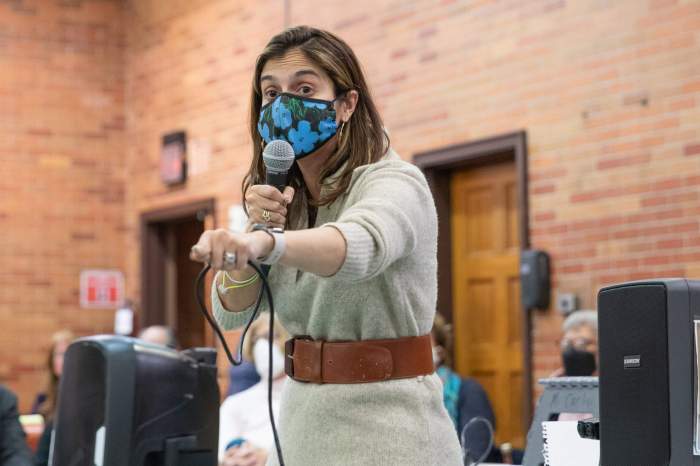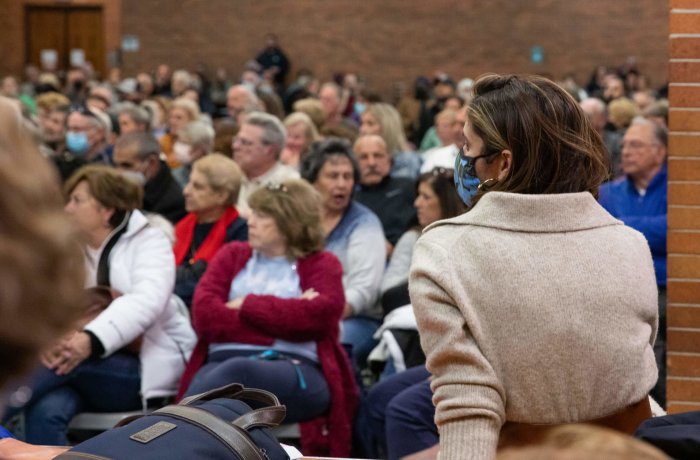Every Saturday, The Week in Rewind spotlights a sampling of the wide-ranging editorial work of the Bronx Times.
City argues ‘fatal errors’ in request to dismiss Bruckner lawsuit
New York City lawyers are asking for the Bruckner Boulevard rezoning lawsuit to be dismissed, arguing that there were “fatal errors” in the filing of the suit.
Bronx Coalition Against Up Zoning Inc., a group of local residents led by accountant and insurance agent John Cerini, filed an Article 78 lawsuit against the city on Feb. 13 calling for the rezoning to be nullified. The rezoning, which was approved by the City Council in October, plans to bring 348 apartments across four buildings in Throggs Neck that range from three to eight stories tall. Local opponents who have been vocal since the proposal’s inception see the project as a threat to their low density neighborhood.
The lawsuit was filed by Buffalo-based environmental lawyer Richard Lippes a mere four hours before the Feb. 13 deadline to challenge the rezoning. In the suit, Lippes argued that the city’s planning department did not properly conduct the environmental review for the project.
The city filed the motion to dismiss in Bronx County Supreme Court on Friday, arguing that the case should be thrown out because the petition was served too late and the project developer wasn’t named as a respondent.
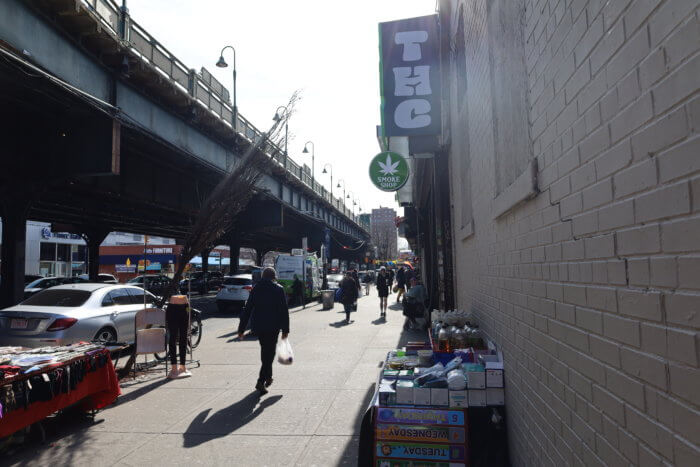
A grass ceiling: The Bronx remains without a cannabis dispensary, despite promises in MRTA
Tanka Asongna-Morfaw and Dr. George Tabi Jr. grew up on opposite sides of the Bronx, but each witnessed the effect that over-policing and rampant enforcement of cannabis had on their borough.
A 2012 arrest for marijuana possession could’ve derailed Asongna-Morfaw’s prospects — a journey that led him to become a certified pharmacy technician and real estate broker. Instead, he and Tabi — the latter who started a CBD company with rapper Flo Rida in 2019 — are well-positioned to build a physical cannabis retail brand, Common Courtesy Dispensary, in the Bronx.
Asonga-Morfaw is one of nine Bronx dispensary operators granted legal licenses earlier this week by the state Cannabis Control Board. However, months after the city opened its first dispensary in the East Village on Dec. 29, the Bronx is still without a single physical storefront.
As of April 6, 16 out of a possible 20 Bronx licenses have been granted.
In recent weeks, Bronx cannabis activists and advocates have felt spurned by the state’s cannabis market rollout and the promise of the Marijuana Regulation and Taxation Act (MRTA) — which was signed into law in 2021 legalizing the recreational market — to prioritize communities most impacted by cannabis prohibition and enforcement.
CannaBronx, among other cannabis advocacy groups, are calling on state lawmakers and Gov. Kathy Hochul to create capital, to the tune of $180 million in the state budget, and prioritize communities disproportionately impacted by the historic criminalization of cannabis.
According to a decade-long study of marijuana arrests by NYC police precincts, the Bronx’s 46th, 41st, 52nd and 44th precincts accounted for some of the city’s highest marijuana arrest rates over the last 10 years.
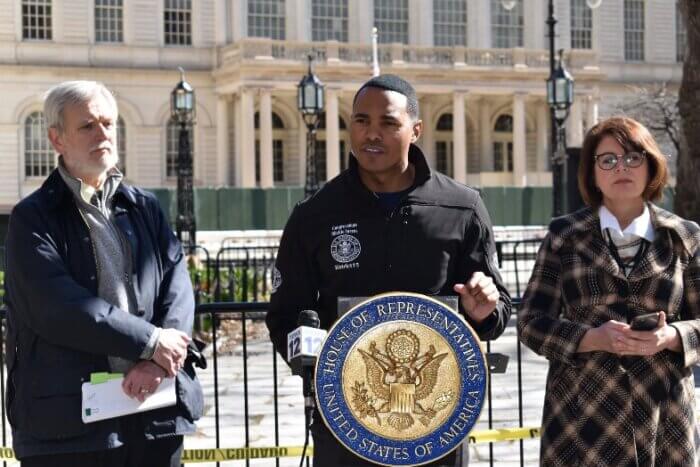
Torres warns of potential housing crisis in the wake of NYC Signature Bank flop last month
In a Monday press conference, U.S. Rep. Ritchie Torres warned New Yorkers of the potential negative housing implications they could face in the wake of Signature Bank’s failure last month — cautioning that 479 Bronx properties and 19,750 units could be affected.
Signature Bank is one of the latest in a string of big bank collapses across the country that has caused ripple effects in the economy. The New York City bank that championed cryptocurrency lending closed its doors on March 12 after California-based institutions Silicon Valley Bank and Silvergate Bank — also big digital and crypto dealers — fell earlier last month due to instability with crypto deposits, customer withdrawals and plummeting stock prices.
Torres, a member of the House Financial Services Committee, said on Monday he’s particularly concerned with now-failed Signature Bank’s loan portfolio — part of the institution’s assets at the time of its collapse — since it served as a major residential real estate lender in the city. The Federal Deposit Insurance Corporation (FDIC), an independent agency created by Congress to maintain stability and public trust in the country’s financial system, is now responsible for selling the bank’s residential New York City loans.
The sale could affect 80,000 housing units across New York City (including 19,750 in the Bronx) encompassing 3,000 multi-family properties — 4% of which are already considered “distressed,” according to Torres’ office.
Torres outlined two potential risk factors: that the loans could be sold to a buyer who “brings greater disinvestment and displacement,” or that the properties will be refinanced at higher interest rates — which he said “could mean less money for the maintenance of these properties.”
“We have to ensure that the FDIC sells the debt on these units to a responsible buyer who is committed to preserving affordable housing,” the congressmember said.
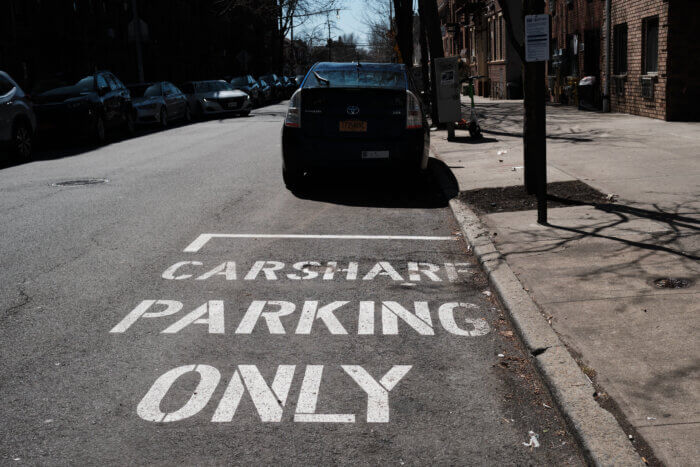
Carshare spots more than double in the Bronx in DOT’s latest expansion
The city’s carshare program is more than doubling in size in the Bronx.
As part of a second wave of installations, the city Department of Transportation-run (DOT) program is coming to 46 locations in the borough. Since each carshare location includes two parking spots, 92 Bronx parking spaces are being converted for the program, making a total of 130 carshare spots boroughwide.
Carshare allows people to rent cars off the street using an app on their phone. The cars, which are rented through carshare companies like Zipcar, are kept in reserved parking spaces when they’re not in use. The program began as a 2018-2020 pilot, and after DOT deemed it successful enough to make permanent, a first wave of the expansion took place in February.
Now in a second wave, the agency has been transitioning 279 public parking spots across the city into carshare-only spots last week and this week.
DOT did not say what neighborhoods would be getting the program next, only that future sites will be identified and installed throughout the year. But the Bronx Times learned in the fall that community boards across the borough were contacted by the city agency with lists of proposed locations that had been preliminarily approved for the program.
Councilmember Amanda Farías, a Parkchester Progressive whose district participated in the pilot and is getting an influx of parking spots in this wave of installations, told the Bronx Times that the program brings a transportation option that can alleviate the financial burden of car ownership to her constituents, who face unreliable public transit.
But carshare isn’t the be-all-end-all. While the program brings a positive option to the community, Farías said, “it’s not ultimately what the city and state should be focused on in terms of alleviating burdens for families.”
Instead, there should more investments in the subway and bus systems, ferry stops and micro-mobility hubs, she said.
For more coverage, follow us on Twitter, Facebook and Instagram @bronxtimes.

